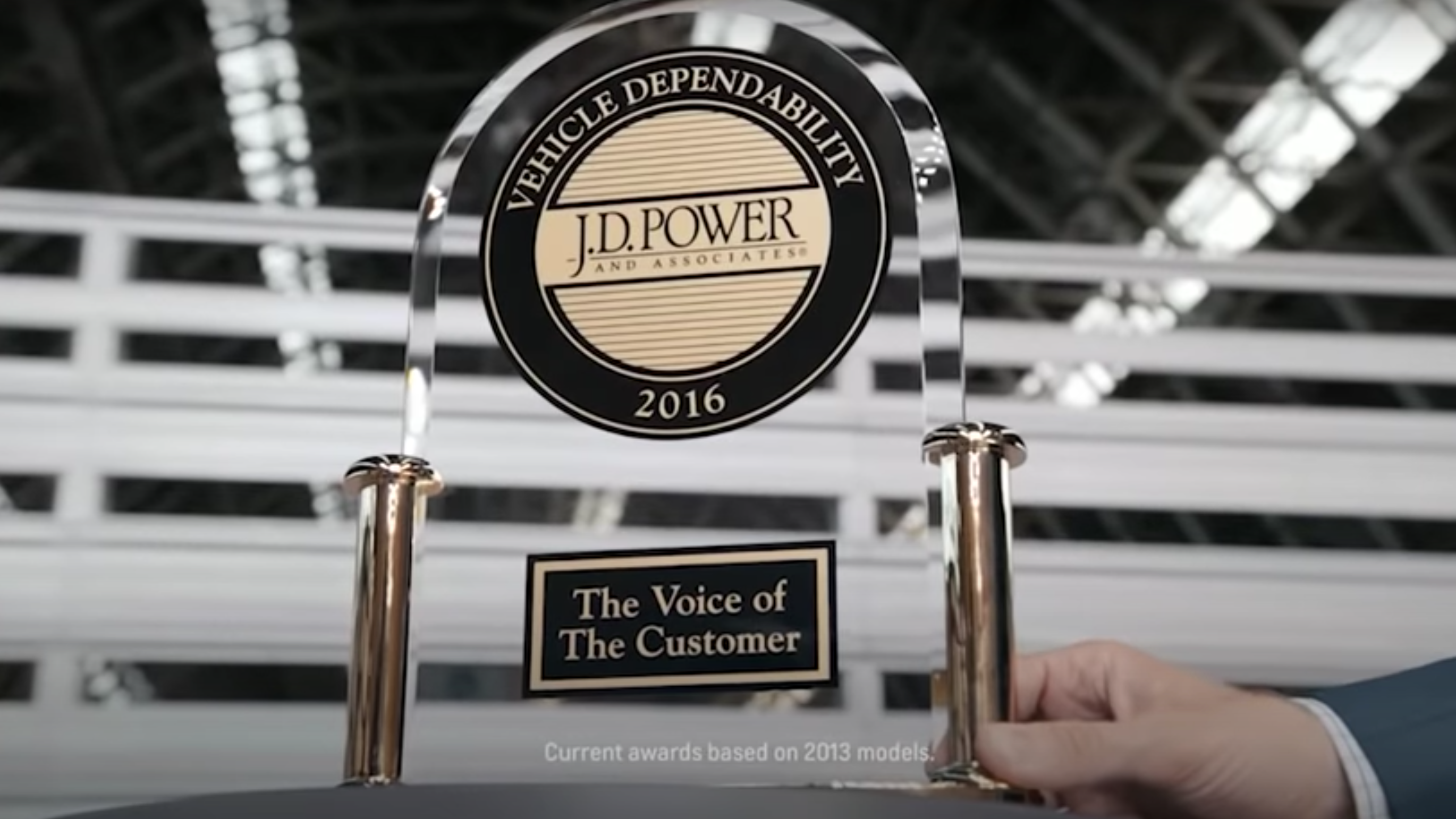J.D. Power, 89, Made Automakers Pay Attention To Quality And Customer Satisfaction
James David Power III, who launched the business that bears his name as well as the awards appearing in millions of car advertisements, died Saturday. He was 89.
Power started his market research business in 1968. It was originally called J.D. Power and Associates; the associates, at first, were his wife and kids. He spent the early years pounding the pavement with his research, which none of the automakers — except perhaps Toyota — took seriously at first.
And then Mazda's Wankel rotary engine came along.
From my profile of the business in 2017:
Power's research would go far beyond what AMC or the auto industry in general was doing. J.D. Power asked new car buyers a variety of questions that were designed to get at the real experience of owning the car. Finding the owners, it turns out, was one of the easy parts, in the U.S. at least, since vehicle registration information here is generally a public record.
Which meant, in the early days, a shit ton of mail, with Power's wife helping him tabulate the results from their kitchen table. His approach finally hit pay dirt in 1973, when owners of the Mazda R100 told the company that the Wankel rotary engines were failing at an alarmingly high rate. Specifically, a fifth of all buyers surveyed said that the engine failed somewhere between 30,000 and 50,000 miles, because of bad O-ring gaskets. On May 7, 1973, the company's report made the front page of The Wall Street Journal and overnight J.D. Power became an industry name, if not a household one just yet.
Mazda had previously not been a J.D. Power customer, though it would quickly become one. Or, as a Mazda company executive later told Power after the WSJ story: "Next time, I want you on my side."
Indeed, in the years after the R100 story, almost every major automaker bought into J.D. Power's market research — except GM, in keeping with its reputation for corporate insularity. GM finally caved though, too, in 1988, thanks to a fax that found its way in front of Roger B. Smith, the company's powerful chairman. The fax announced that GM had fared well in the that year's Initial Quality Study.
In 1981, Power introduced a study that became the source for the company's Customer Satisfaction Index, a ranking that is closely watched in some quarters. The operation continued to expand; Power sold the business to McGraw Hill in 2005 for around $400 million. It's now owned by a private equity firm.
It's debatable how much effect Power and his studies had on the automotive industry, though I do know that the automakers themselves care very deeply about how they do in the Initial Quality Study, established in 1987, a cornerstone of the company's success. I've never been fully convinced that consumers do (though there's likely data to prove me wrong).
Anyway, maybe my favorite story about Dave Power is from 2003, when he wrote an op-ed in The Wall Street Journal about how dealers are useless and bad. A bunch of dealers got very mad because someone had rightly pointed out that they were useless and bad.
From Automotive News at the time:
The flap began Oct. 28 when the Journal published Power's opinion column. Power asserted that retailers should create multibrand megastores – the automotive equivalent of Wal-Mart – because it is a better way to satisfy customers.
Power also blamed state franchise laws that allow dealers to act as barriers to efficient distribution. "Today, there is a hefty price for those artificial and anachronistic controls, and they add 30 percent to the base cost of a manufactured automobile," the column asserted.
The response was swift. Alan Starling, chairman of the National Automobile Dealers Association, fired off a letter to the Journal to challenge those notions. The newspaper didn't publish the letter, but NADA circulated it among dealers and reporters via e-mail.
"I'm not trying to stir the pot," said Starling, president of Holiday Chevrolet in St. Cloud, Fla. "I don't want to blow this out of proportion."
But Starling said it bothers him that a person as influential as Power does not understand the retail business. "He's involved in so many aspects of the industry that I'm concerned about manufacturers using data that might not be objective," Starling said.
Not all dealers were as measured in their responses. Ford dealers seemed especially upset, because of lingering resentment of Power's contract to audit dealers as part of Ford's Blue Oval certification program.
In an e-mail to the Ford Select Dealer group, dealer Randy Fuller demanded that Ford stop doing business with Power. "I don't want an apology from Mr. J.D. Power the Third," wrote Fuller, president of Fuller's White Mountain Motors in Show Low, Ariz. "I want his head severed to the Ford dealer body at NADA on a silver platter!"
RIP, J.D. Power, you pissed off the right people along the way.
